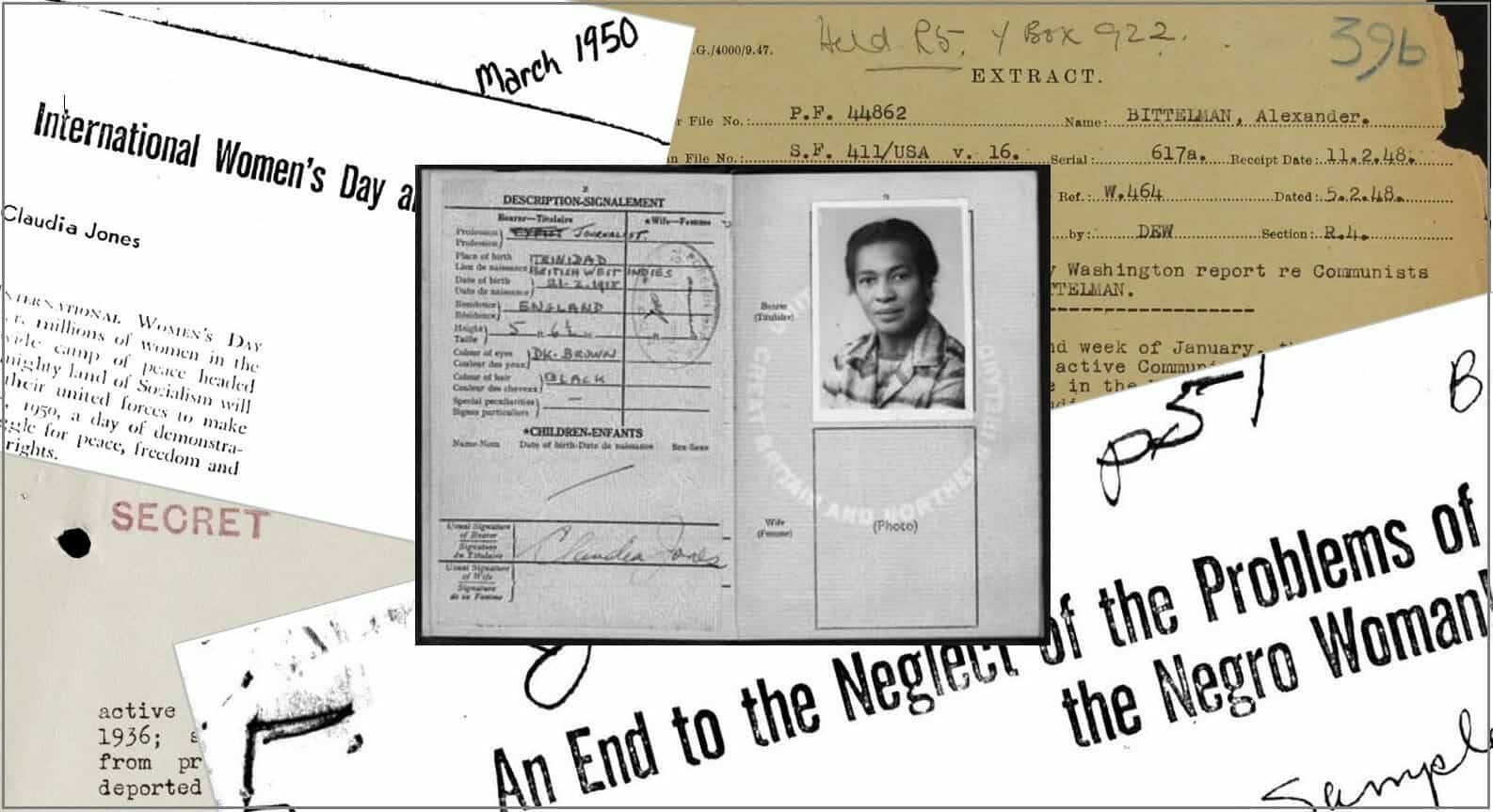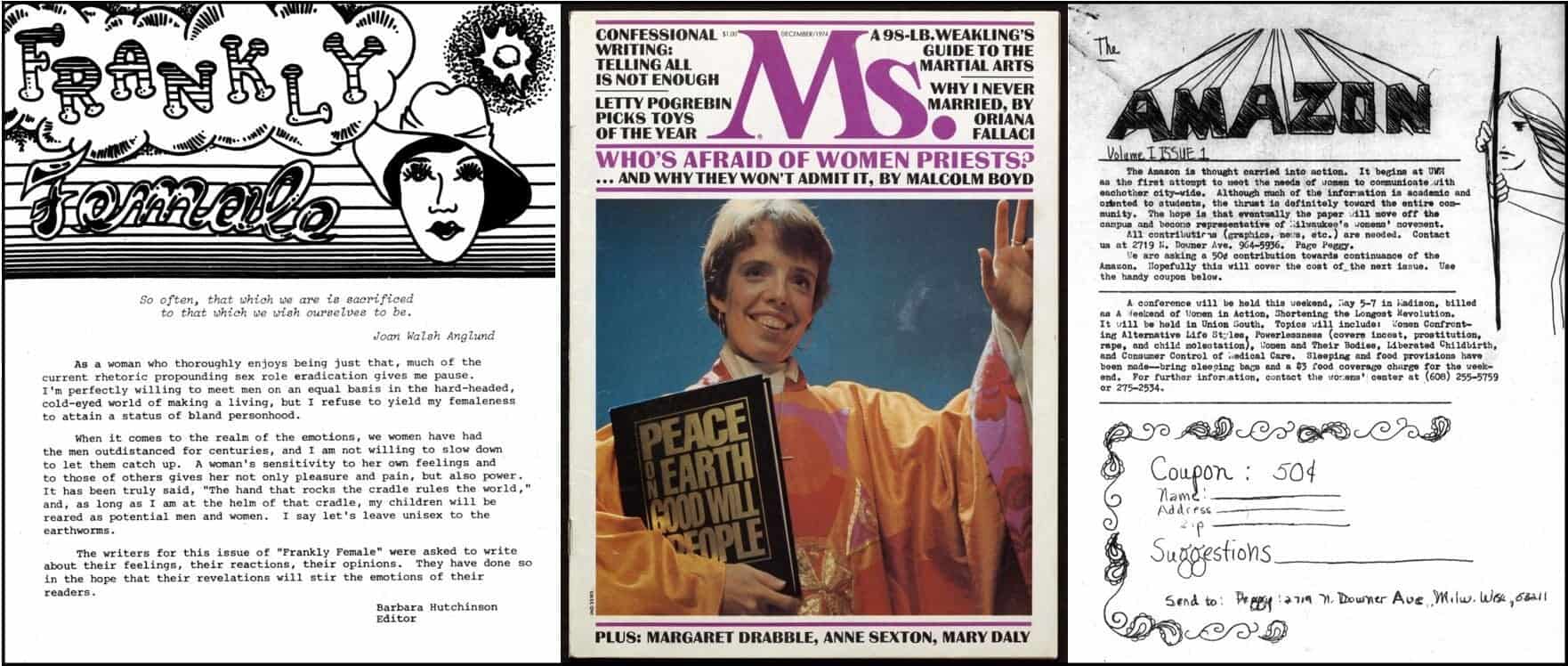│By Rebecca Bowden, Associate Acquisitions Editor, Gale Primary Sources│
Earlier this year Gale launched Voice and Vision, the second part of Women’s Studies Archive. The first part, Issues and Identities, traced the social, political and professional achievements of women throughout the nineteenth and twentieth centuries; central to the archive are the issues that have affected women’s lives, and the campaigns and activism undertaken by women, from suffrage to pacifism. Voice and Vision builds on the many narratives and topics covered in Issues and Identities partly by placing greater emphasis on sharing women’s own voices – much of the material is written by women, for women. Voice and Vision also expands upon the scope of the first module, challenging researchers to grow their understanding of central issues and explore new avenues of investigation in relation to women’s stories. But what does this mean in practice? How do the materials in Voice and Vision work alongside those available in Issues and Identities? What new possibilities does it bring to the table? In this blog post we use birth control to explore these questions and understand the different viewpoints and opportunities provided by Voice and Vision.
Read more




